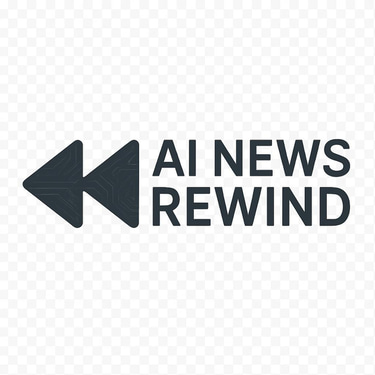Navigating the Future: The Impact of Artificial Intelligence on Employment
8/9/20251 min read


Introduction to the Rise of Artificial Intelligence
In recent years, artificial intelligence (AI) has become a prominent topic in discussions about the future of work. According to a Forbes report, AI is advancing at breakneck speed, raising critical questions about its implications for the job market. As we adapt to an evolving technological landscape, workers must consider their career trajectories amidst these changes.
The Urgency of Adaptation in a Changing Economy
With the U.S. grappling with a staggering $36 trillion debt, rising tariff tensions, and economic uncertainty, the threat of AI disruption amplifies the need for workers to prepare themselves. Reports from institutions such as PwC, McKinsey, and the World Economic Forum predict that by 2050, as many as 60% of current jobs could require significant adjustments due to AI innovations. This profound transformation necessitates a proactive approach from both individuals and organizations.
Preparing for Tomorrow's Workforce
As we stand on the brink of this AI revolution, professionals across various sectors must begin to rethink their skill sets and career paths. The demand for adaptive skills—those that leverage human creativity and emotional intelligence—will likely increase. Jobs focused on interpersonal relationships, strategic thinking, and problem-solving may thrive in an AI-enhanced landscape. Moreover, ongoing education and upskilling will become crucial as workers seek to remain competitive in their fields.
Ultimately, those who proactively engage with these technological advancements will be better equipped to navigate the potential challenges and seize opportunities as AI continues to transform the workplace. Reflecting on your career choices now will enable a smoother transition into the inevitable future where technology dominates labor markets.
